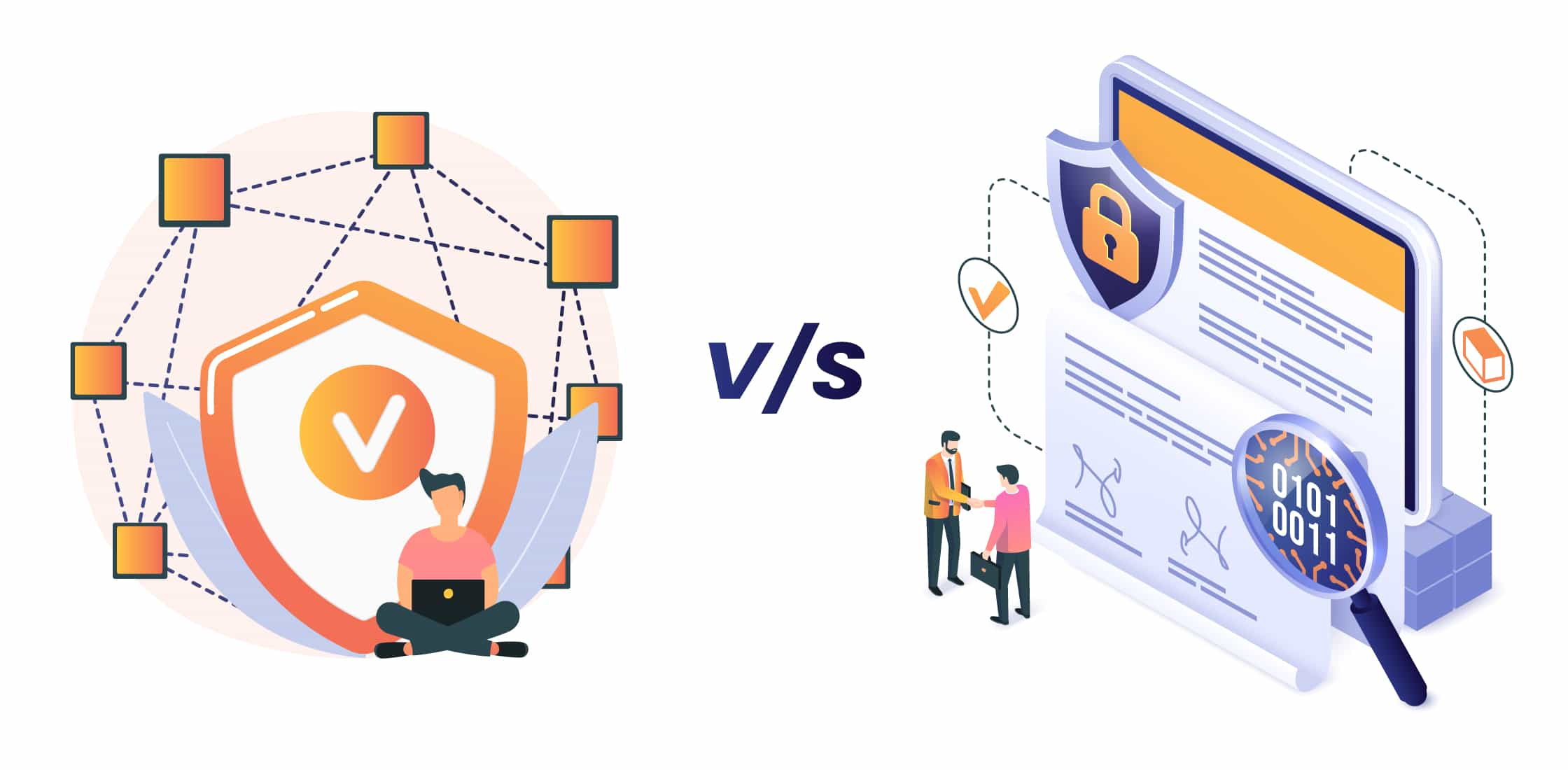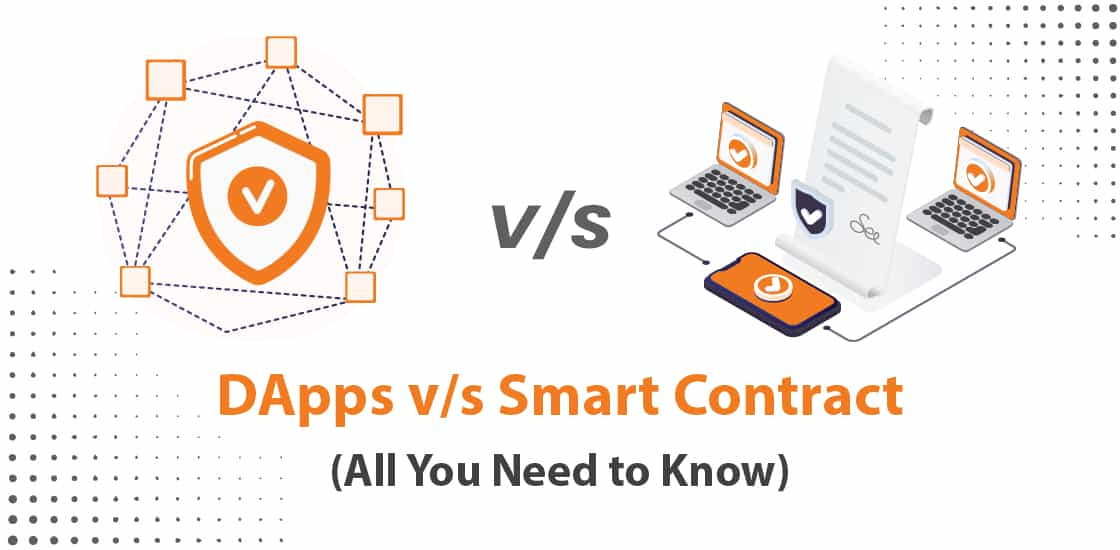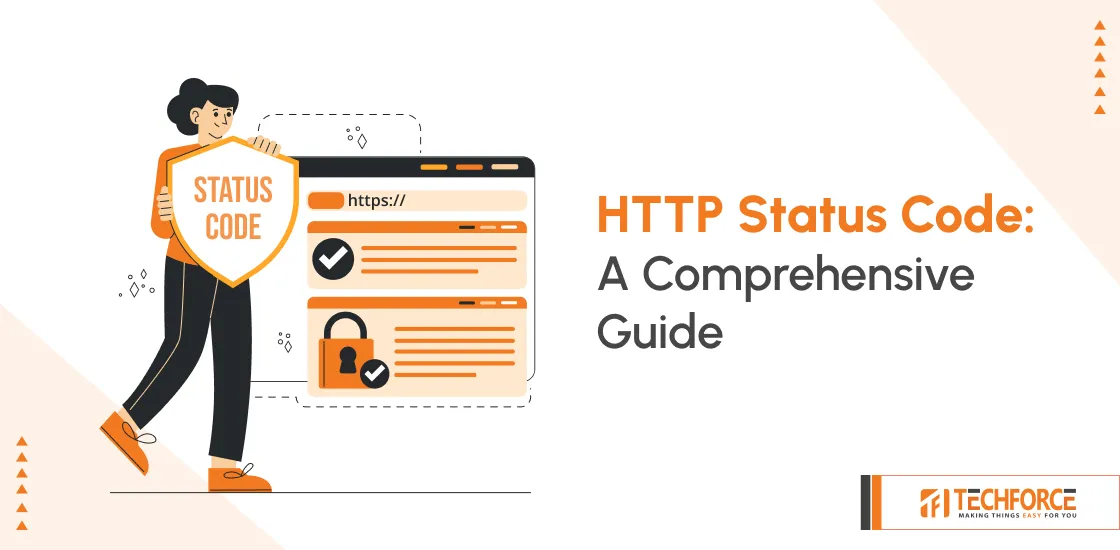DApps vs. Smart Contracts: All You Need to Know
Decentralized applications (DApps) and smart contracts are two key concepts in the world of blockchain and decentralized technology. Although related, they serve different functions and work in different ways.
What is DApps?
DApps are decentralized applications that run on blockchain networks. They are based on blockchain technology and are designed to be open-source, autonomous, and transparent. DApps are similar to traditional web and mobile apps but run on a blockchain network, providing a higher level of security and transparency.
DApps are designed to run autonomously and can enable various features such as Peer-to-peer transactions, asset tracking, voting systems, etc. They are based on blockchain technology and are transparent, secure, and tamper-proof.
In summary, DApps offer some advantages such as decentralization, security, and transparency, but also disadvantages such as complexity, scalability, and regulatory challenges.
What is a smart contract?
A smart contract is a program governed by a blockchain network that functions only when certain requirements are met. They are widely used to enforce agreements between parties and provide immediate results without wasting time or requiring intermediaries.
Smart contracts are typically written in a programming language specific to the blockchain platform, such as Solidity for Ethereum. They are stored on the blockchain network and can run without intermediaries or third parties. In summary, smart contracts offer several advantages such as automation, security, and efficiency, but disadvantages such as complexity, lack of flexibility, and potential for error.
DApps vs smart contracts

DApps are applications that run on blockchain networks, but smart contracts power these DApps. Smart contracts act as an interface between DApps and blockchain networks.
A DApp is like a user interface that interacts directly with the user. A smart contract is just a piece of code that acts as a backend mechanism. DApps run on smart contracts and connect members directly to providers. A smart contract is basically an entity that makes DApps work according to predetermined rules.
A decentralized application is a blockchain-based website and smart contracts act as API connectors that connect his DApps to the blockchain.
Simply put, a decentralized application is a technical combination of a smart contract and a frontend that acts as a complete computer program. Smart contracts, on the other hand, are part of DApps. In summary, DApps and smart contracts are important components of the blockchain ecosystem, but they serve different purposes. DApps are user-centric applications that run on the blockchain, while smart contracts are backend programs that automate the execution of contracts.
DApps can use smart contracts to facilitate transactions and enforce rules, but they are not the same. DApps use smart contracts to provide a trusted peer-to-peer user experience.
Both are essential for building decentralized and trusted systems and can work together to build powerful applications for various use cases.
 Kartik Honnali
17 Apr 2023
Kartik Honnali
17 Apr 2023
 US +1 (630) 296 6606
US +1 (630) 296 6606
 India +91 (79) 48904529
India +91 (79) 48904529
 Poland +48 (730) 059 665
Poland +48 (730) 059 665
 reach@techforceglobal.com
reach@techforceglobal.com

 Calendly
Calendly
 LinkedIn
LinkedIn
 Whatsapp
Whatsapp
 Fintech
Fintech
 Education
Education
 Ecommerce
Ecommerce
 Healthcare
Healthcare
 Travel and Hospitality
Travel and Hospitality
 Public Sector
Public Sector




